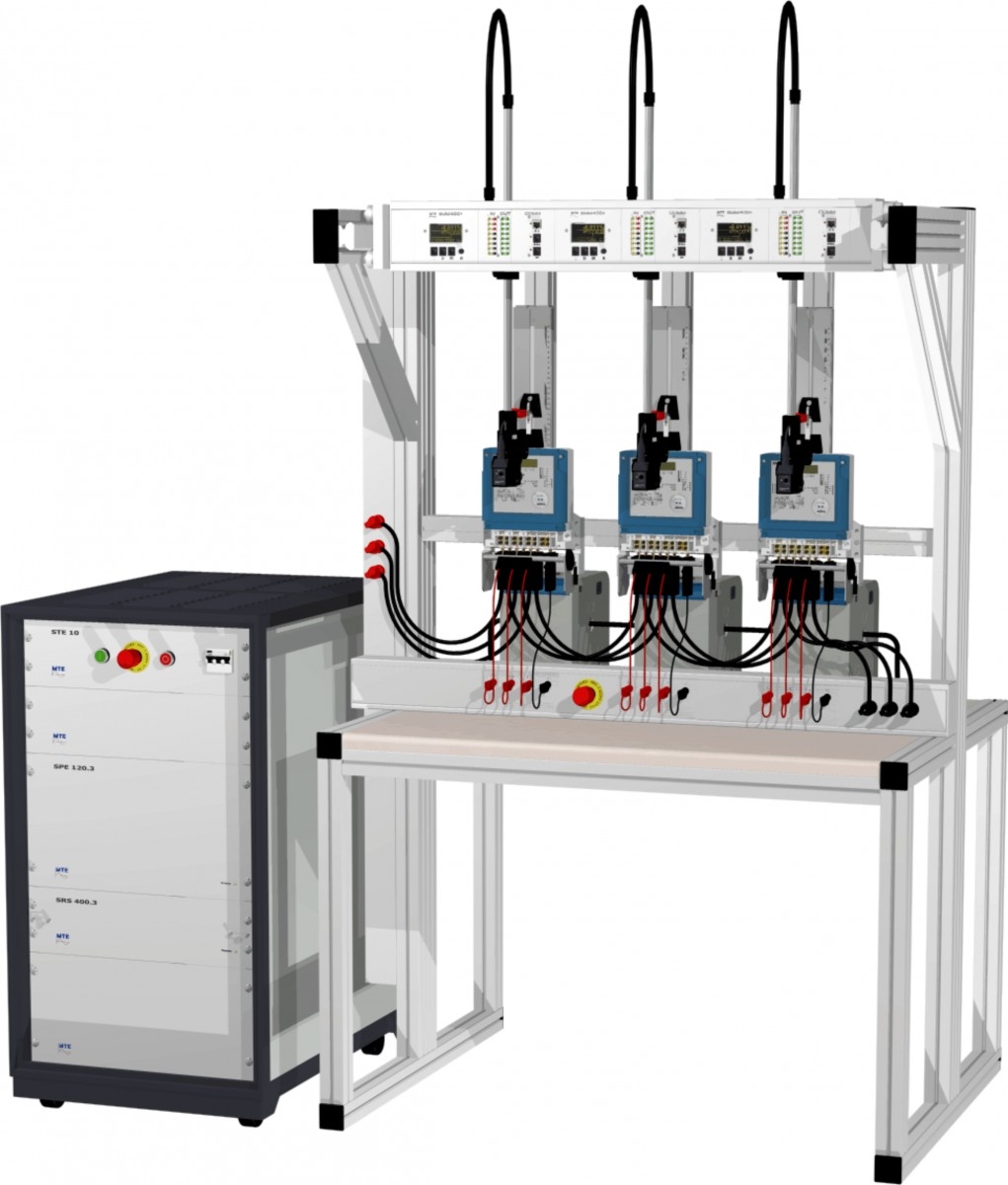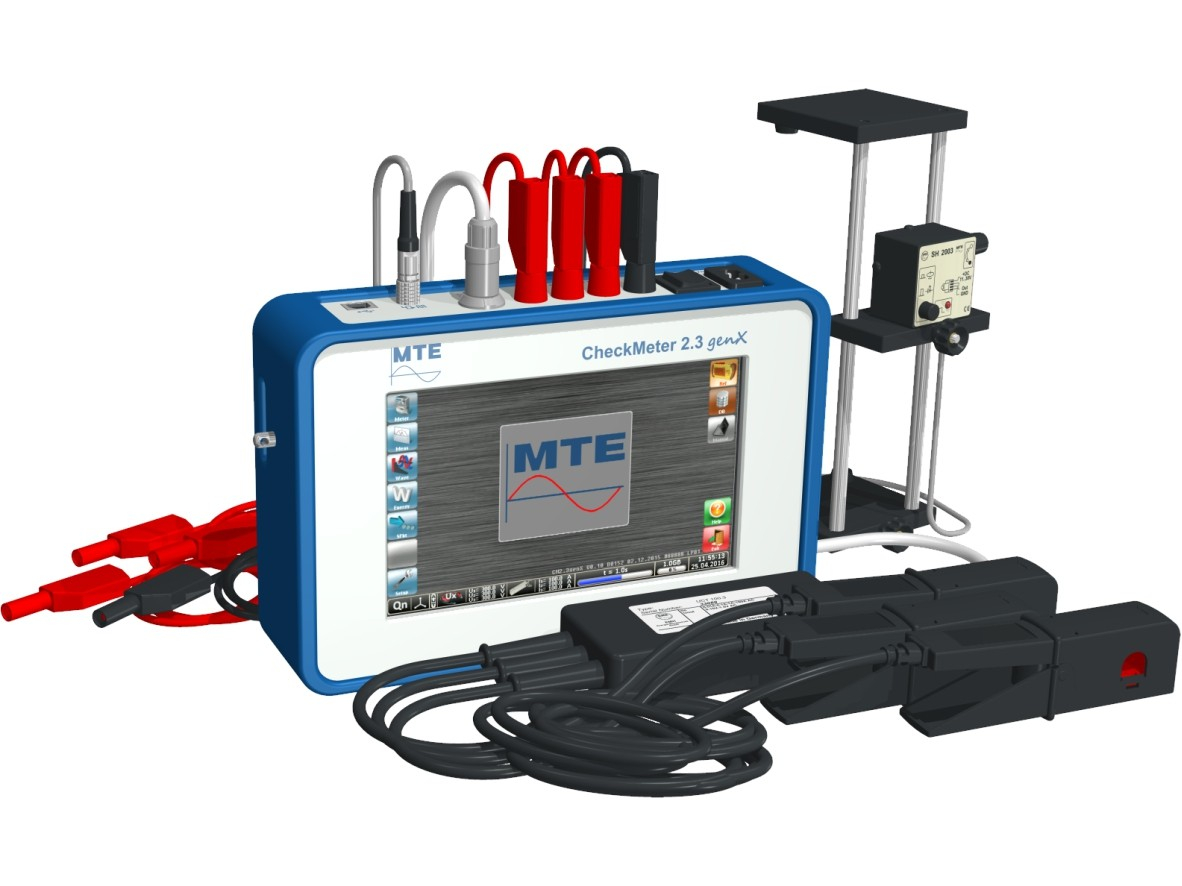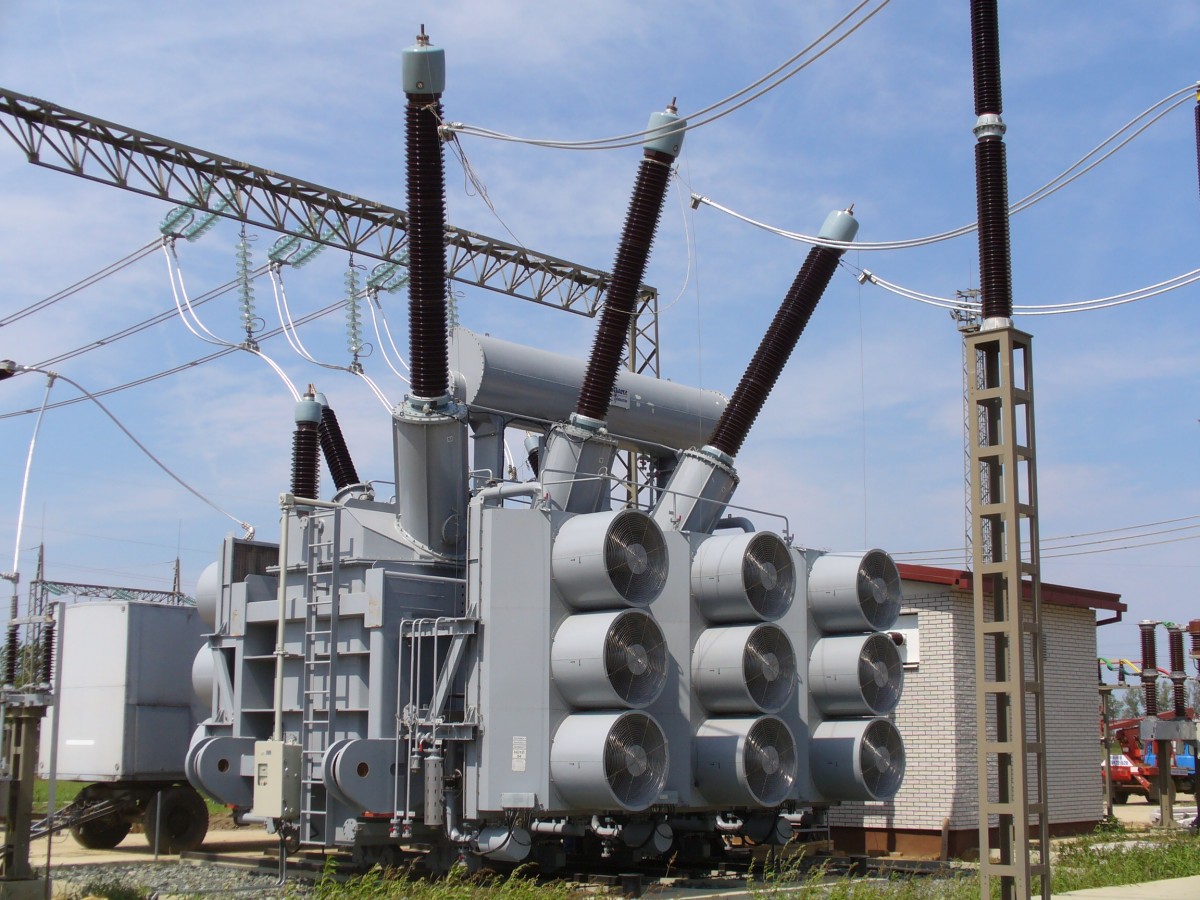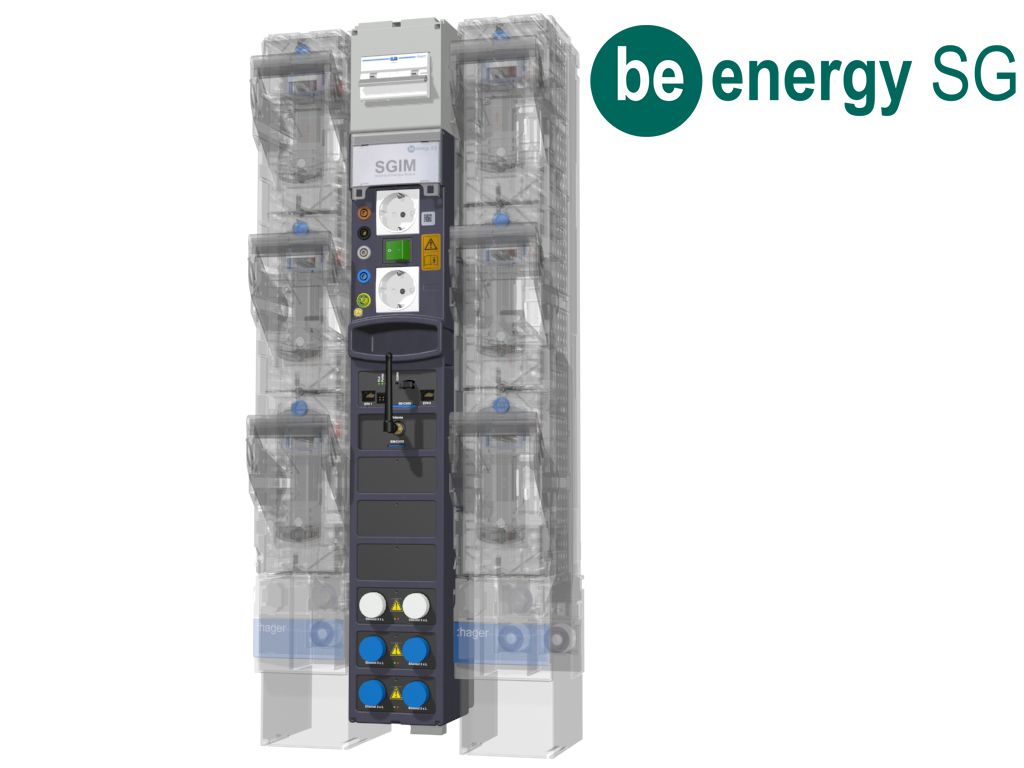Single- and three-phase standard and customer specified test systems meeting the changing needs of the metering world. Test systems are available with fixed meter racks or with moveable trolleys and gantries to fulfill different requirements and increased test capacity.

MTE's single- and three-phase, standardized and individual test systems cover all legal metrological test requirements for simple meters, high precision multifunction meters, smart meters and reference standards. Flexible and modular system components for the optimal customer orientated solution.
Overview (PDF)
English / German / Spanish / French / Romanian

MTE's portable test devices cover the complete range of accuracy classes used for on-site testing and laboratories. Light in weight, with user friendly keyboard layouts and menu-driven software, the devices are easy to operate and a reliable partner for on-site testing of various types of meters.

MTE offers a broad range of products and solutions for the online gas-in-oil monitoring of transformers (online DGA). With its individual and modular system components MTE provides the optimal customer oriented solution for utilities, industries and transformer manufacturers.
Analysis of the gases dissolved in power transformer oil is recognized as the most useful tool for early detection and diagnosis of incipient faults in transformers. The cost effectiveness of online dissolved gas analysis (DGA) and control systems are gaining importance worldwide.

While climate change rose to the top of many governments' agendas and consumers' views have evolved, adoption of electric vehicles (EVs) has become a worldwide trend.
Addressing such challenges, MTE invented various solutions for e-mobility testing for customers such as utilities, meter manufacturers and meter service providers.

As the energy industry moves into a new era of efficiency and availability, the smart grid offers new opportunities for economic and environmental development. In the transition period, testing, technology improvements, consumer education and the implementation of standards and regulations will be critical to ensure that the smart grid becomes reality.
